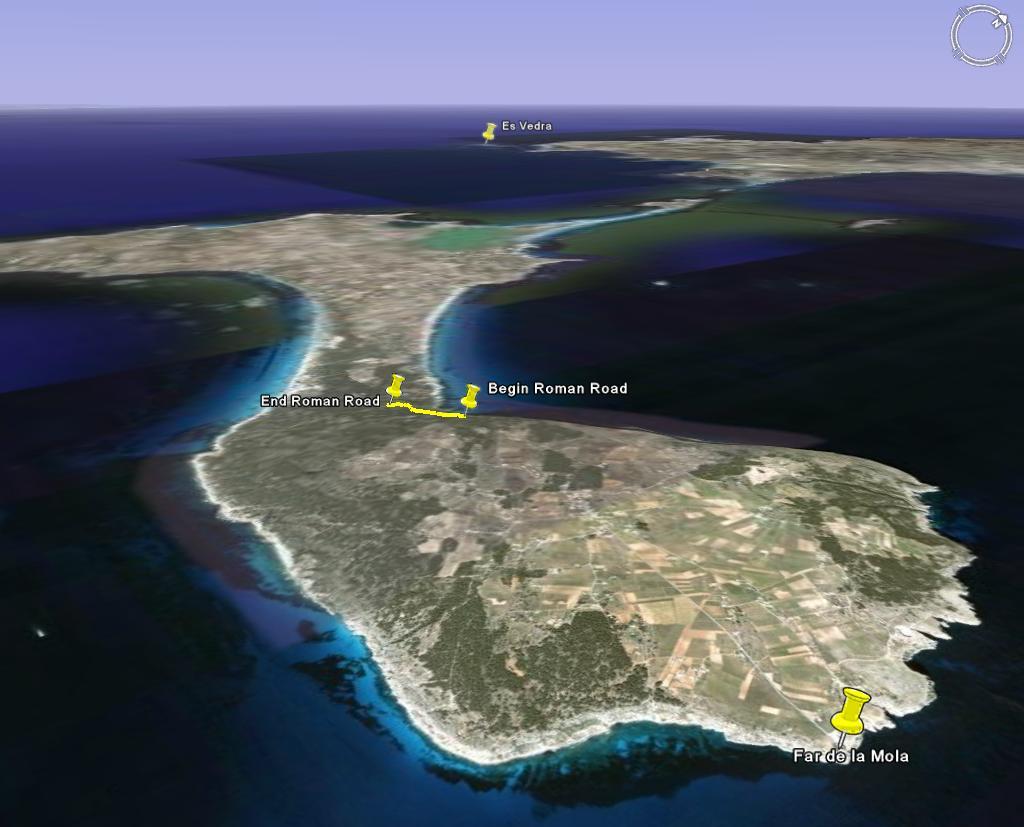Footnotes in the Sand
page index
Ulysses | Coincidences
site index
Translate from
 n
Formentera Lady
, Peter Sinfield describes some of the unique character of Formentera, an
island in the Balearics.
n
Formentera Lady
, Peter Sinfield describes some of the unique character of Formentera, an
island in the Balearics.
|
- The Rough Guide to Ibiza and Formentera (p. 170) |
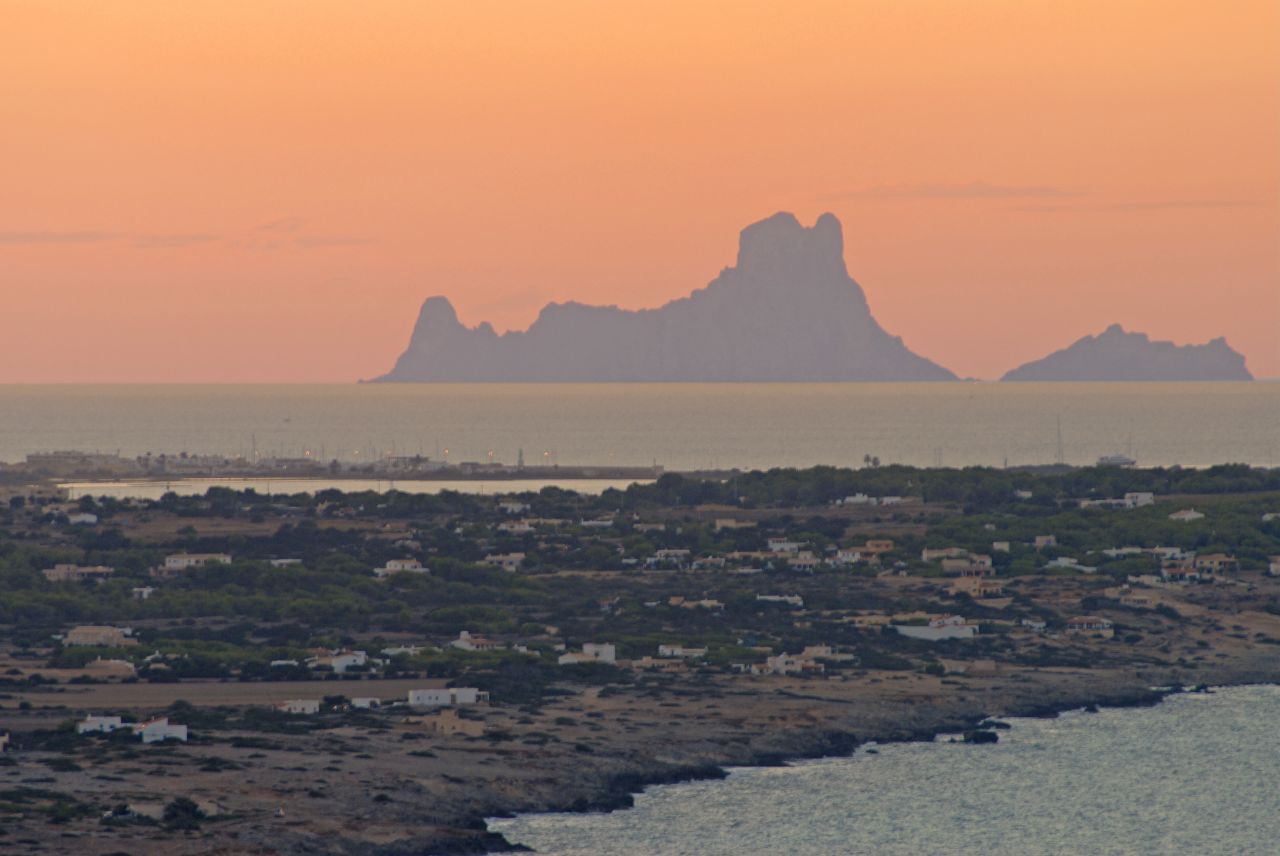 |
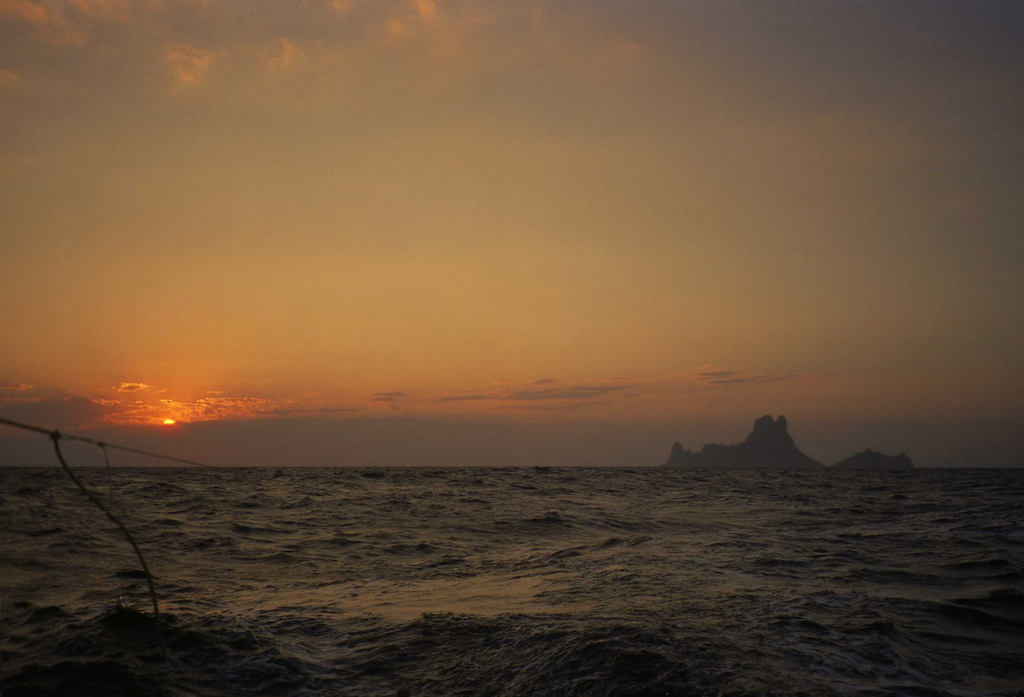 |
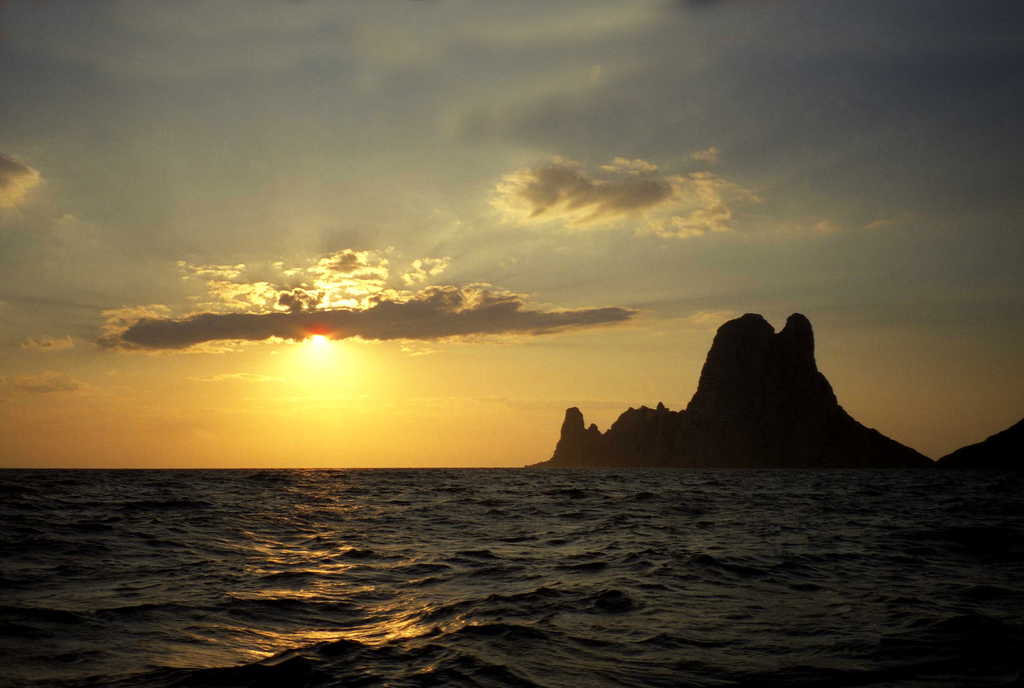 |
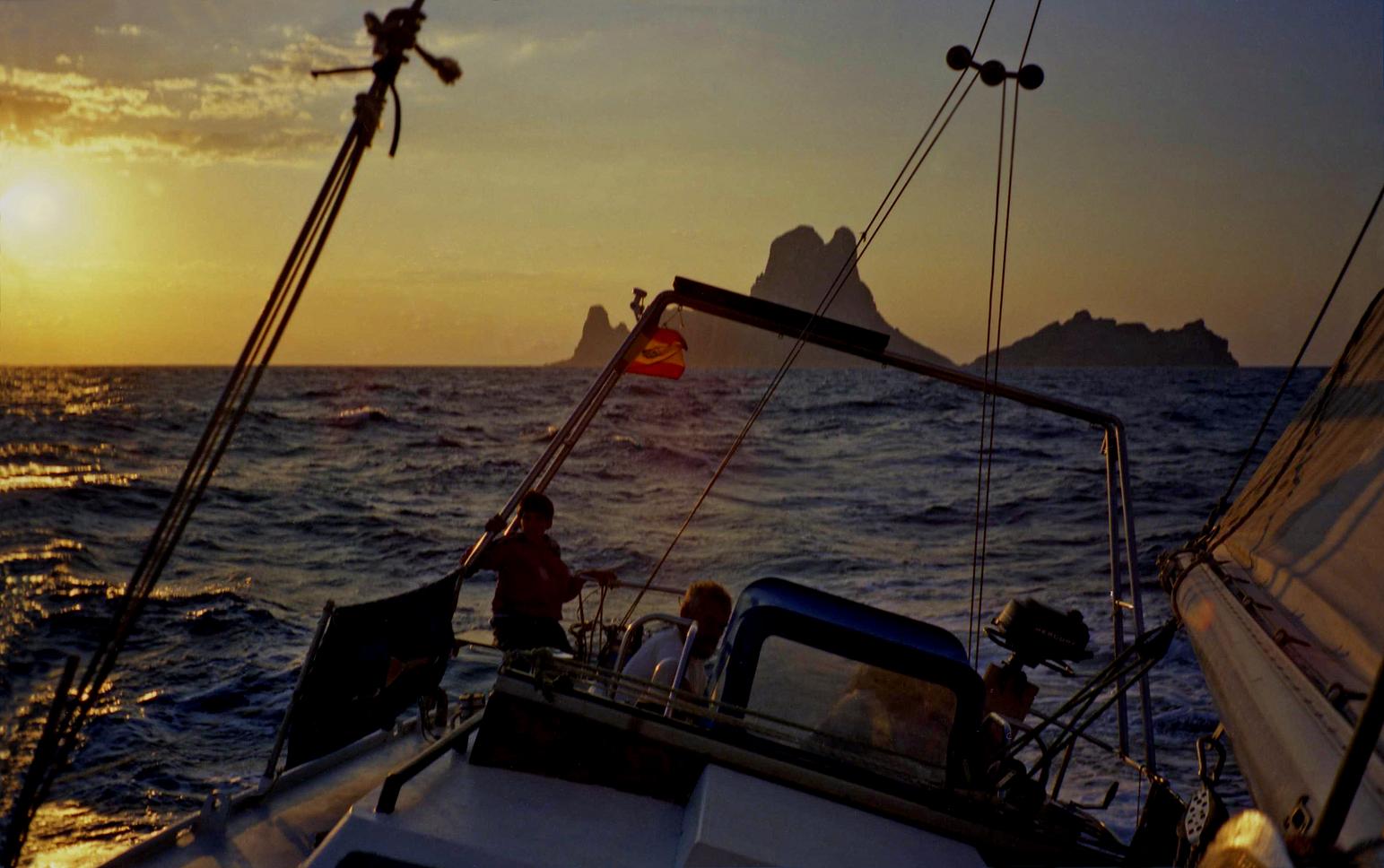 |
 |
